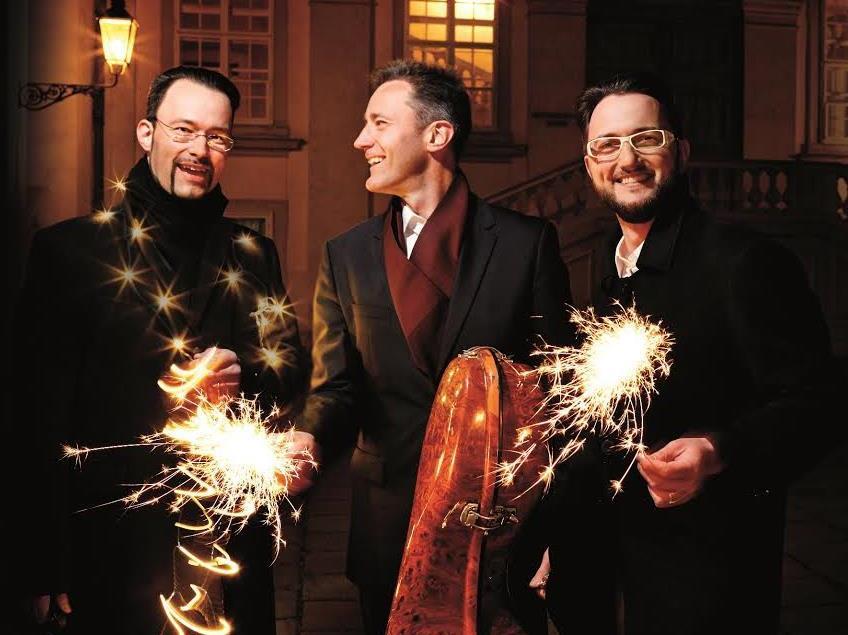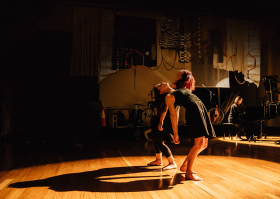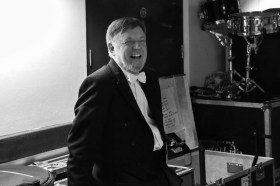Image: supplied.
Concluding Musica Viva’s 70th anniversary International Concert Series, the Austrian Eggner brothers returned for a fourth Australian tour since winning the Melbourne International Chamber Music Competition in 2003. Over their four tours the Piano Trio have developed a loyal following and their performance on this occasion was met with warmth and enthusiasm.
Since first hearing this ensemble 12 years ago, I have found their performances marked by a reliable professionalism that only rarely tips the scales into the extraordinary. On this occasion we heard the Trio performing Robert Schumann’s G minor Piano Trio Op 110, Australian composer Dulcie Hollard’s seldom heard Piano Trio (written in 1944) and Dvorák’s well-liked ‘Dumky’ Trio, Op 90.
Robert Schumann was not long to retain his sanity when composing his third Piano Trio around 1851. The work is marked by its elusive thematic writing, irregularity of development, and blustering confidence matched with deepest insecurities, fear and anxiety. The Eggner brothers gave a confident reading of this strange composition achieving most of its febrile shade and light, brittle logic, fractious despair and moments of joy.
It was a sheer delight to hear Dulcie Holland’s well-crafted and rarely performed Piano Trio. Known mainly for her educational books on music and student compositions, this work demonstrated her skill at larger-scale writing for the concert hall. If the style was somewhat derivative (I thought English Pastoral Impressionism may sum it up) her compositional technique was certainly accomplished. And although it is perhaps not ‘one of the greatest treasures of Australian music’ as the printed program claimed, it was nonetheless a very welcome and enjoyable inclusion in the program. One hopes for repeated hearings.
‘Dumky’ is the plural for the Ukrainian word ‘dumka’ meaning ‘brooding’ or ‘meditation’ and referring to traditionally lugubrious folk ballads. Dvorák’s Piano Trio by this name is one of his most popular of over 50 chamber music compositions. The Trio is strikingly original, avoiding any Classical principles of form with a six-movement structure. Furthermore, within each movement (or ‘dumka’) the composer plays between the emotions of dramatic melancholy, expressive nostalgia and unrestrained ebullience as a structural means of musical propulsion. Further, there is a powerful Czech sensibility to the work in its emotive rhythmic fragments and innate gestures found in all of Dvorák’s music. The work, it is often said, is perhaps meant to be enjoyed more than ‘understood’ and in that sense there have been more emotionally liberated and stylistically subtle performances.
Rating: 3 stars out of 5
Eggner Trio
Georg Eggner, violin
Florian Eggner, cello
Christoph Eggner, piano
Presented by Musica Viva Australia
Melbourne Recital Centre, Elisabeth Murdoch Hall





